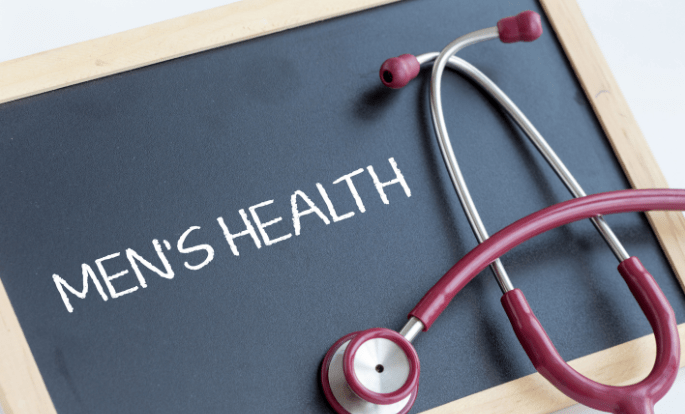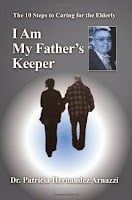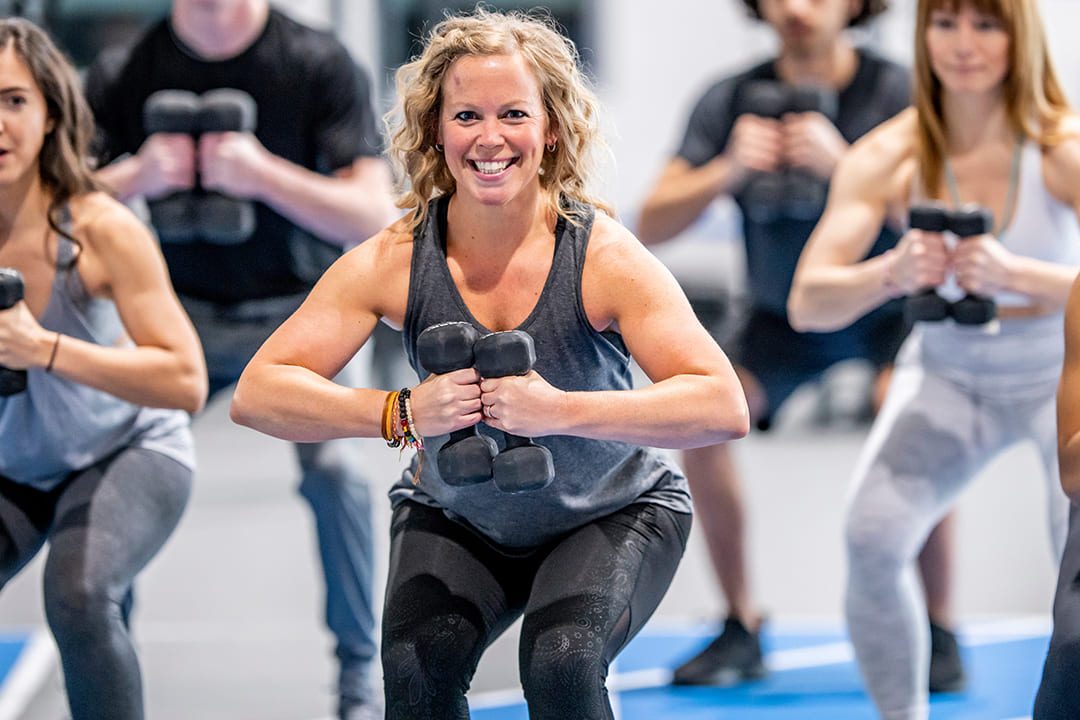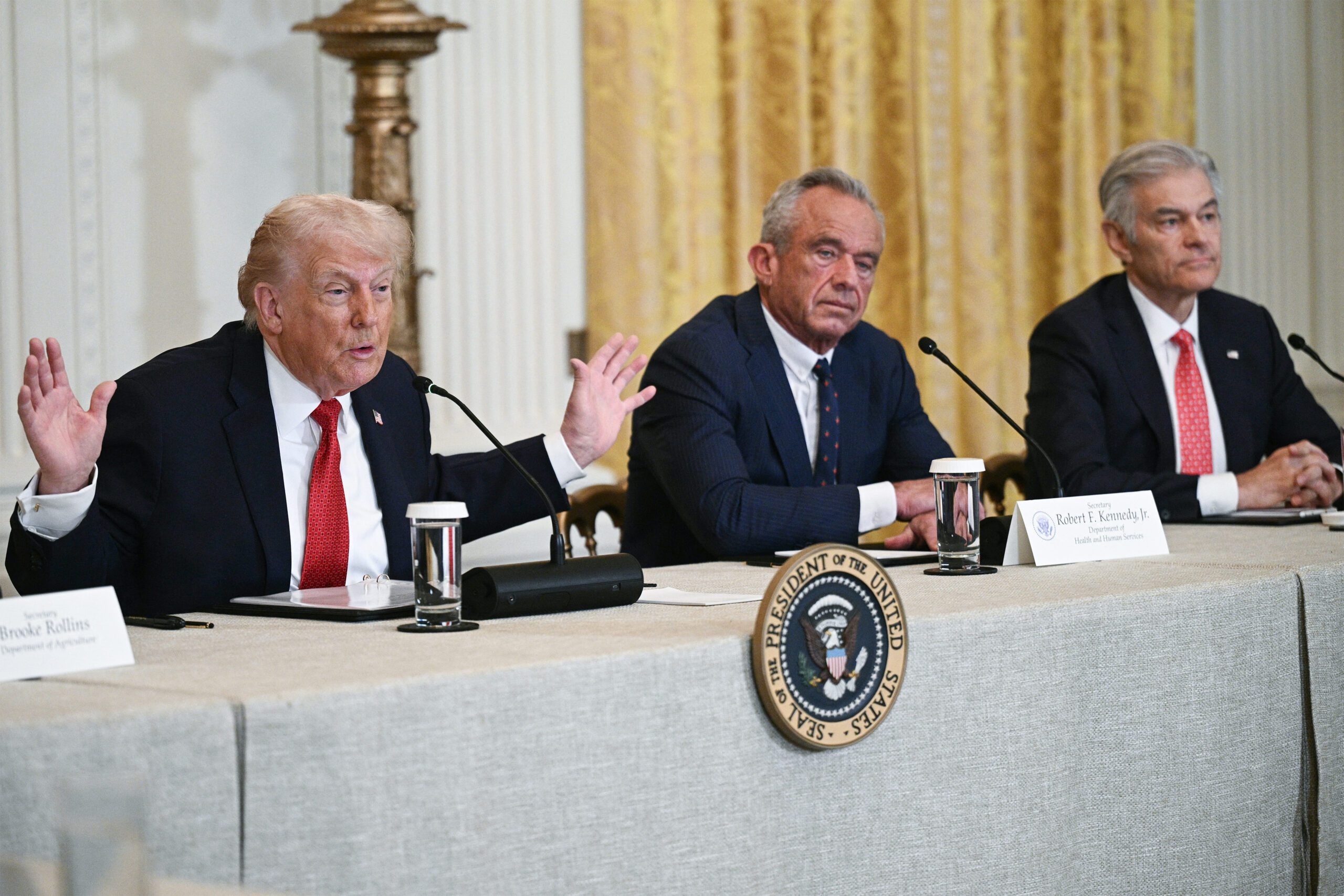
I have been interested in men’s health most of my life. The event that triggered my life-long interest occurred when I was five years old. My mid-life father had become increasingly depressed when he couldn’t make a living to support his family and was hospitalized. I grew up wondering what happened to my father, when it would happen to me, and what I could do to keep it from happening to other families. I knew I wanted to be a healer when I grew up.
I graduated from college and was accepted at U.C. San Francisco Medical School in 1965. I hoped to become a psychiatrist, but later transferred to U.C. Berkeley when I found that medical school was too limited and didn’t focus on the whole person. I graduated from U.C. Berkeley’s School of Social Work in 1968, and my first job was in a residential treatment program for people, mostly men, who had substance abuse problems.
When our first son, Jemal, was born in 1969, I made a promise that I would be a different kind of father than my father was able to be for me and to do everything I could to help create a world where men were fully engaged and involved with their families throughout their lives. In 1972, I launched MenAlive, one of the first programs in the country to focus specifically on Men’s Health.
Although there have been numerous men’s health programs that have sprung up over the years, most of them didn’t last long. I believe there has been a myth that the entire healthcare system is really geared towards the needs of males and we don’t need programs specifically for men. Yet, we know that studies continue to show that men, as a group, die at a younger age than do women and men suffer from most chronic diseases at higher rates than women.
My colleague Will Courtenay, PhD, author of Dying to Be Men, says,
“Men in the United States have greater socioeconomic advantages than women. These advantages, which include higher social status and higher-paid jobs, provide men with better access to health-related resources. Despite these advantages, men — on average — are at greater risk of serious chronic disease, injury, and death than women.”
Not only did I see the problem in my own family, but in the families of thousands of clients who came to MenAlive since we began in 1972. I have written seventeen books on various aspects of men’s health. My most popular and widely read book, Male Menopause, was first published in 1997 and became an international best-seller, translated into fifteen foreign languages. The research findings reported in the book concluded:
“Men, like women, experience complex hormonal rhythms that affect their sexuality, mood, and temperament.”
Gameday Men’s Health: Made For Every Man’s Health Journey
When I first learned about Gameday Men’s Health I was very impressed. They were offering the kind of service that I’ve rarely seen in any healthcare setting.
When I visited the Gameday website, I got a feel for the program:
“The level of comfort we provide you can be summed up in one word: Unparalleled. To be your best, you have to feel your best. That’s why when you walk into Gameday, we start you off on the right foot. Sit in an overstuffed chair while you watch sports on flat screens or read a recent copy of Men’s Health Magazine, enjoy complimentary refreshments and snacks, and best of all – experience fast appointment times. Come hang out in comfort that you will be hard-pressed to find anywhere else.”
I was even more impressed after I interviewed the founder of Gameday Men’s Health, Evan Miller, PhD.
I asked Dr. Miller how he came to be involved with men’s health issues.
“Similar to you, my background is on the clinical side,” he told me, “I’m a PhD in clinical psychology so I come at this whole medical health care world from a very psychological angle. After grad school I got right into the addiction treatment industry and started a treatment center.”
I immediately felt Dr. Miller was a kindred spirit.
“I really fell in love with the work, with treating men especially, helping take them from feeling broken to becoming fully healed. I loved seeing the light come back in their eyes as healing occurred. But its 24/7 work and I kind of got burnt out.”
As someone who worked in the addictions field for many years, I knew exactly what he was talking about.
“I wanted to do something else,” Dr. Miller continued. “I wanted to cast a wider net. I wanted to get the average mainstream guy feeling better.”
I was smiling and nodding with shared recognition.
“Now, here’s where the personal side came in,” he went on. “I was thirty-four, thirty-five, but I didn’t feel like myself. I’d been an athlete my whole life, taken care of myself. I knew how to eat well, sleep well, exercise. But I just wasn’t there. Just by happenstance, I got my lab-work done and asked to have my testosterone levels checked.”
Here’s where Dr. Miller’s story gets really interesting for him and for millions of men like him.
“They first told me, I didn’t need my testosterone levels checked. ‘You’re young, wait until your sixty-five, then we’ll test you.’”
Fortunately, Dr. Miller insisted on knowing what his testosterone levels were. The tests revealed that his testosterone was very low, which helped account for the negative way he was feeling.
From there the idea of Gameday Men’s Health was born. How about I create a program for men that begins with hormone health number one. Let’s put it into a setting that is comfortable, he thought.
“That was it, and off we went.”
Now I was really intrigued and wanted to know more details.
“We’re still a young company,” Dr. Miller began, “We started Gameday in 2018. It was one clinic in Carlsbad, California, near San Diego. I wanted to create a model that didn’t look like a doctor’s office, that felt like a sports lounge, or a cool kind of men’s health hangout.”
But Dr. Miller wanted more than to change the ambience of the setting. He wanted to change how care was given.
“I wanted it to be fast and effective,”
Dr. Miller told me.
“So, I put a licensed lab right in the clinic so guys could get what they needed quickly and effectively:
Step 1: Enter a welcoming clinic space, complete a quick intake form, have a simple blood test and receive results in just 15 minutes.
Step 2: Meet an expert clinic director who specializes in all things – testosterone hormone optimization, sexual health and erectile dysfunction, weight loss, peptide therapy and vitamin therapy. Discuss your concerns with them and receive a tailored evaluation to understand your needs.
Step 3: If eligible, begin your personalized treatment plan right away, crafted specifically for your goals.”
Then things really took off. Men were coming from all around and Dr. Miller opened other clinics in the San Diego area. He knew there was a huge need for what he had created.
“We decided to franchise Gameday in 2022 and by 2023 we became the fastest growing franchise of all time. We have 335 locations open now and 1,000 locations in development.”
“The demand is huge,” Dr. Miller concluded. “Men want real health care. Guys are waking up and saying I want to feel better now. I don’t want to wait in line for care that is limited and doesn’t address my needs.”
This is the kind of health care I believe the world needs. You can learn more about Gameday Men’s Health by going to their website. https://gamedaymenshealth.com/
You can learn more about Dr. Evan Miller here. You can view the full interview with Evan Miller, PhD, here.
I told Dr. Miller, I would like to interview him again and hear about how Gameday Men’s Health is progressing. If you would like to read more articles about men’s health issues, I invite you to subscribe to our free weekly newsletter.
Disclaimer: This story is auto-aggregated by a computer program and has not been created or edited by healthlydays.
Publisher: Source link











